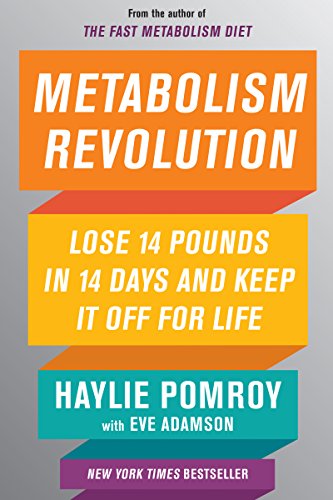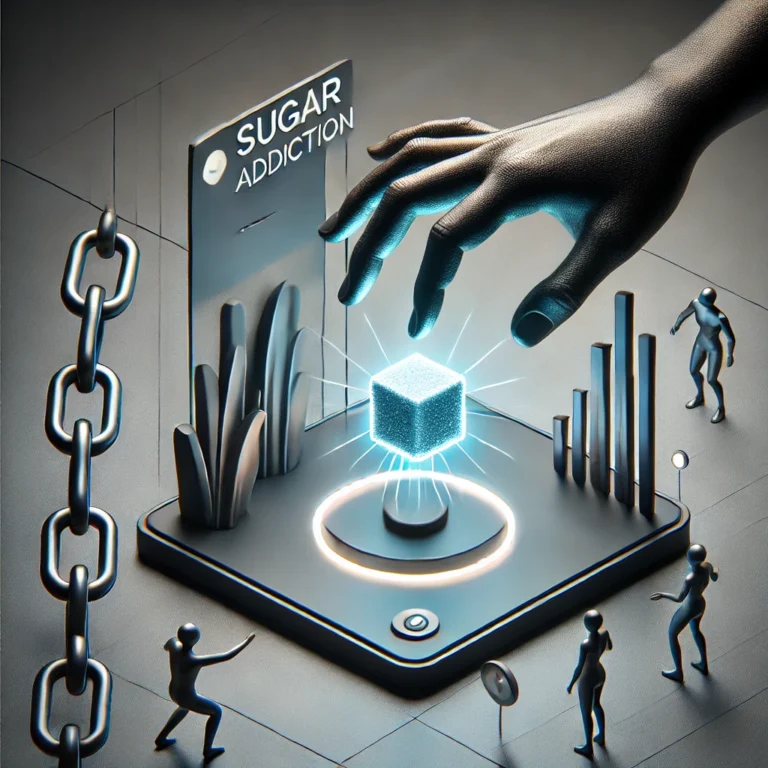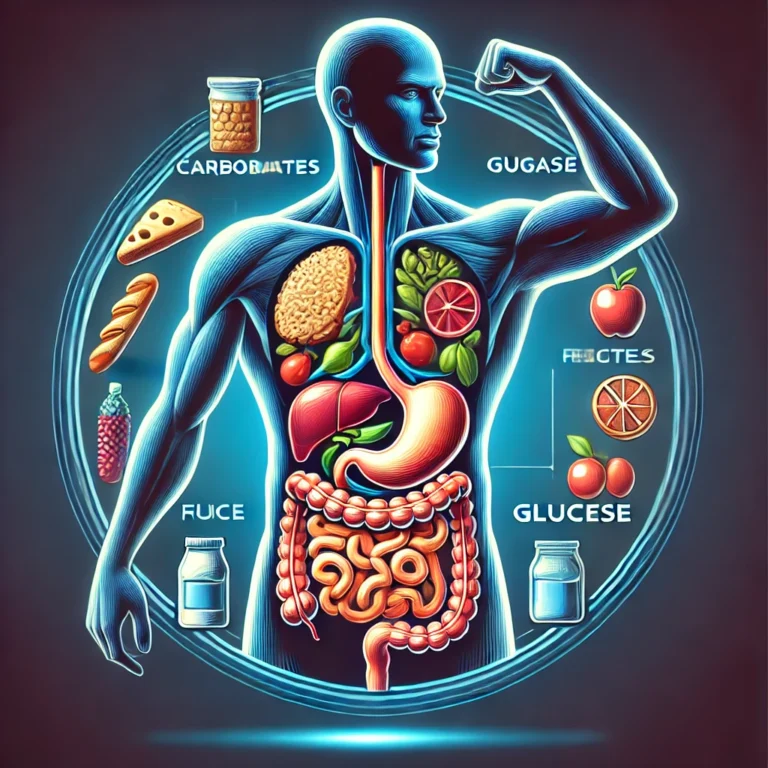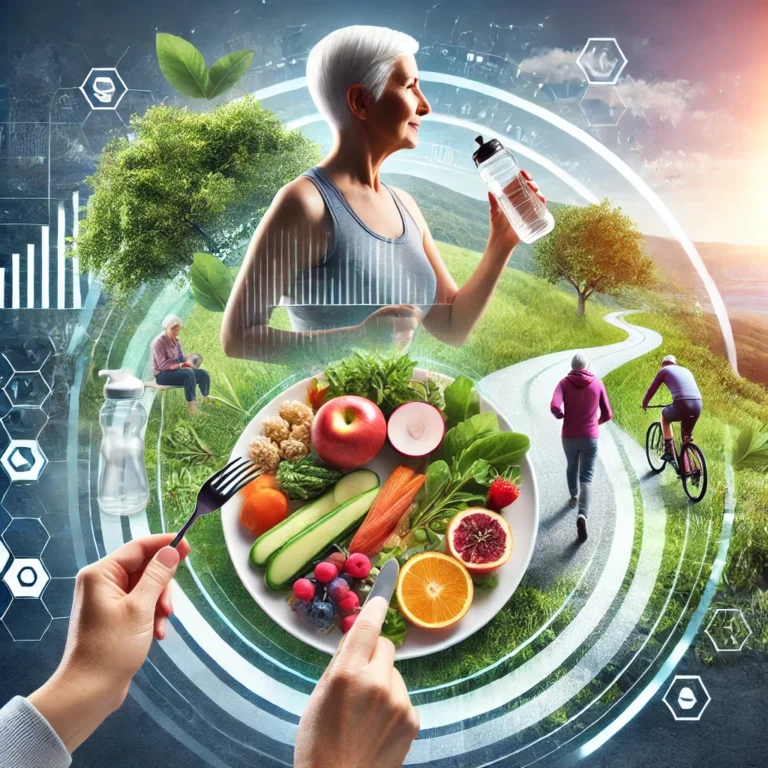*This post may contain affiliate links for which I earn commissions.*
Feeling sluggish? You’re not alone. Energy levels sometimes dip with age, but dietary choices can make a big difference. More than anyone, seniors need the right foods to stay active and vibrant. As we age, many of us notice a shift in our energy levels. It’s quite common for seniors to feel like they don’t have the same pep in their step as they used to. But what’s behind this change, and how can our diets help keep us energized? Let’s explore how age and nutrition play crucial roles in influencing our vitality. This post will explore how simple tweaks in your diet can naturally boost your energy. Discover foods that can help you feel refreshed and revitalized, from power-packed fruits to nutrient-rich veggies. Let food be the simple, natural way to power through your day.
Factors Affecting Energy Levels
Aging brings about several changes in our bodies. These changes can affect how energetic we feel
Physical Activity
Staying active can be challenging for seniors due to joint pain or other health issues. However, less movement can contribute to feelings of fatigue since physical activity is vital for boosting energy.
Chronic Conditions
Diabetes, heart disease, and arthritis not only become more common with age but also often lead to inflammation, pain, and fatigue, which can diminish physical stamina and mental clarity, making even routine activities more difficult to manage.
Metabolic Rate And Aging
Recent research challenges the traditional belief that metabolic rate slows down significantly as we age, providing new insights into the relationship between aging and metabolism. Read that last sentence again. Your metabolic rate does not change significantly as we age.
A study on Drosophila species indicates that metabolic rates remain relatively constant throughout life, with no clear evidence of age-related metabolic decline. This suggests that the relationship between metabolism and aging might be more complex than previously thought (Promislow & Haselkorn, 2002). Another study reinforces this by demonstrating that while the basal metabolic rate may vary with environmental factors, it does not uniformly decrease with age (Briga & Verhulst, 2019).
Furthermore, findings from the CALERIE trial suggest that caloric restriction can modestly slow biological aging, yet it does not cause a significant reduction in metabolic rate (Belsky et al., 2023). This nuanced view proposes that while metabolism may not slow as drastically with age, subtle interventions can still influence health outcomes and aging processes.
However, studies have also noted an inverse relationship between metabolic rate and lifespan, where a higher metabolic rate is sometimes associated with shorter lifespans in certain contexts (Oshakbayev et al., 2021). Thus, the overall picture of metabolic rate and aging is more nuanced than earlier assumptions.
Role of Nutrition
Nutrition plays a powerful role in keeping energy levels up, especially for seniors. Certain nutrients are especially important:
- Carbohydrates: These are the body’s main source of energy. Choosing complex carbs like whole grains can provide a steady fuel supply throughout the day.
- Protein: Essential for muscle maintenance and repair, protein is crucial for maintaining strength and energy levels.
- B Vitamins: These vitamins help convert food into energy. Foods rich in B vitamins include leafy greens, beans, and nuts.
- Iron: Iron helps carry oxygen to the body’s tissues, which can prevent fatigue. Lean meats and spinach are great sources.
Eating a balanced diet that includes these nutrients can be like adding premium fuel to our tanks, keeping us running smoothly and efficiently. So, next time you’re planning meals, consider if you’re giving your body the ingredients it needs to power through the day.
Top Energy-Boosting Foods for Seniors
Feeling a bit sluggish, especially in your golden years, isn’t unusual. But the good news is, there are plenty of foods that can naturally boost your energy levels. Here’s a closer look at some of them, perfect for seniors looking to stay vibrant and active.
Whole Grains
Whole grains like oatmeal and quinoa are fantastic for providing sustained energy. Unlike processed grains, whole grains are full of fiber and complex carbohydrates. This means they break down slowly, giving you a steady energy release throughout the day. Think of it as a slow-burning log instead of a newspaper that quickly ignites and fizzles out.
So next time you’re planning breakfast, consider a warm bowl of oatmeal topped with some fruits. Not only is it delicious, but it keeps those energy levels up for hours.
Lean Proteins
For seniors, lean proteins are a must-have in the diet. Foods like chicken, fish, and legumes are excellent sources. Proteins are the body’s building blocks, essential for muscle maintenance and energy production. They help repair tissues and keep you strong and ready to tackle daily tasks.
If you’re not keen on meat, try incorporating lentils or beans into your meals. They offer the same benefits and are heart-healthy too!
Fruits and Vegetables
Fruits and vegetables are nature’s powerhouses. Choices like bananas, spinach, and berries are packed with essential vitamins and minerals. Bananas, for instance, are rich in potassium which helps with muscle function. Spinach gives you iron that supports healthy blood flow, while berries are full of antioxidants that combat fatigue.
Adding a handful of blueberries to your oatmeal or a banana for a snack can be a juice-free way to boost your energy naturally.
Nuts and Seeds
Ever thought about why athletes snack on nuts and seeds? These small but mighty foods provide healthy fats and protein, perfect for an energy boost. Options like almonds, walnuts, and chia seeds are fantastic.
They’re like tiny packages of fuel, giving you both immediate and long-term energy. Try sprinkling some chia seeds on your yogurt or grabbing a handful of almonds for your afternoon snack.
Hydrating Foods
Staying hydrated is crucial, yet often overlooked. Water-rich foods like cucumbers, watermelon, and oranges can keep you hydrated, directly impacting your energy levels. Imagine your body as a car – without enough oil, it doesn’t run smoothly.
Incorporate these foods into your meals or snacks, especially on hot days or after exercises, to enjoy that extra zest.
By incorporating these energy-boosting foods into your diet, you’re not just eating; you’re fueling your body in the best possible way. With a bit of planning and variety, you’ll be on your way to enjoying more energy-filled days.
“Your metabolism isn’t broken; it’s just responding to the signals you’re giving it. What you eat, how you move, how you sleep, and how you manage stress all affect your metabolic health.”
Dr Mark HYMAN
Tips for Incorporating Energy-Boosting Foods
Here are a few tips for incorporating energy-boosting foods into your daily routine. Start your morning with a bowl of oatmeal topped with berries and nuts, providing a mix of fiber, healthy fats, and natural sugars for sustained energy. For lunch, opt for a protein-packed salad featuring leafy greens, lean meats, or plant-based proteins like chickpeas or quinoa. Snack on fruits like bananas or oranges, which offer quick natural energy, while also staying hydrated throughout the day. Lastly, include a serving of fatty fish like salmon at dinner to boost brain health and overall vitality with omega-3s.
Meal Planning
Planning your meals doesn’t have to be a daunting task. It’s about weaving energy-boosting foods into your everyday dishes. Here’s how you can do it effortlessly:
- Create a Weekly Menu: Start by sketching out a weekly plan. Include whole grains like oats and brown rice for breakfast and lunch.
- Balance Your Plate: Every meal should have a mix of proteins, carbohydrates, and healthy fats. Think grilled chicken, quinoa, and a dollop of avocado.
- Use a Shopping List: Stick to your list to avoid impulse buys. Load up on fresh produce like spinach and berries, which are excellent energy sources.
- Prep Ingredients Ahead: Spend a little time prepping vegetables and fruits at the start of the week. Pre-chopped veggies can be quickly tossed into stir-fries or salads.
Snack Ideas
Keeping your energy levels high throughout the day can be as easy as choosing the right snacks. Here are some tasty ideas that are easy to prepare:
- Trail Mix: Combine nuts, seeds, and a handful of dried fruits. It’s a portable snack that’s both nutritious and satisfying.
- Greek Yogurt with Honey: Add a drizzle of honey and a sprinkle of nuts or berries for a perfect energy boost.
- Apple Slices with Nut Butter: This classic combo offers fiber and protein to keep you full between meals.
- Cottage Cheese with Pineapple: The protein in cottage cheese paired with the natural sweetness of pineapple makes a delicious snack.
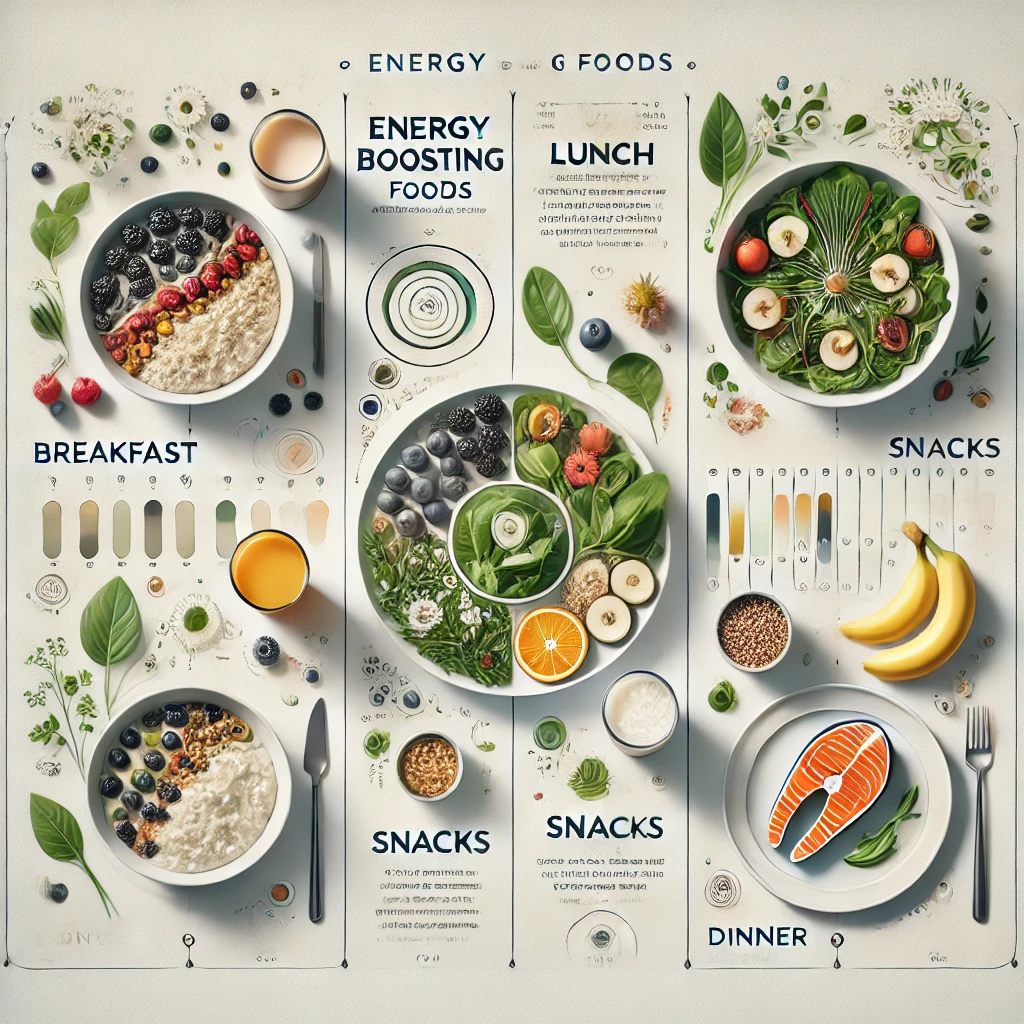
Cooking Methods
The way you cook can make a difference in how much energy-boosting nutrition stays in your food. Here are some methods to preserve nutrients and enhance flavors:
- Steaming: Vegetables retain their nutrients better when steamed compared to boiling. Plus, they have a more vibrant color and taste.
- Grilling: Grilled meat, fish, and veggies have a rich flavor without needing extra fats or oils.
- Stir-frying: This quick-cooking method works well to preserve the colors and nutrients of vegetables. Use a small amount of oil and high heat.
- Roasting: Roasting can bring out the natural sugars in vegetables, making them tastier. Try roasting sweet potatoes or carrots for a simple side dish.
Incorporating energy-boosting foods doesn’t have to be complicated. With a bit of planning and the right cooking techniques, you can keep your meals delicious and nutritious.
The Importance of a Balanced Diet
A balanced diet is like a power source for our bodies, especially as we age. It’s not just about eating fruits and veggies; it’s about getting the right mix of nutrients that keep us energized and healthy. Think of it as filling up your tank with the best fuel. So, what does this balance look like, and how can you get it? Let’s break it down.
Micronutrients and Their Benefits
Micronutrients—vitamins and minerals—are tiny but mighty. They play a big role in boosting energy levels. Imagine them as the keys that unlock your body’s full potential.
Some essential vitamins and minerals to focus on include:
- Vitamin B12: Found in fish, meat, and dairy, it helps your body convert food into energy, keeping fatigue at bay.
- Iron: This mineral is crucial for carrying oxygen in your blood. You can find it in lean meats, beans, and spinach.
- Magnesium: It supports muscle and nerve function. Nuts, seeds, and whole grains are great sources.
- Vitamin C: Not only does it help keep your immune system strong, but it’s also vital for energy levels. Get it from oranges, strawberries, and broccoli.
By including these nutrients in your diet, you’re giving your body the tools it needs to keep going strong.
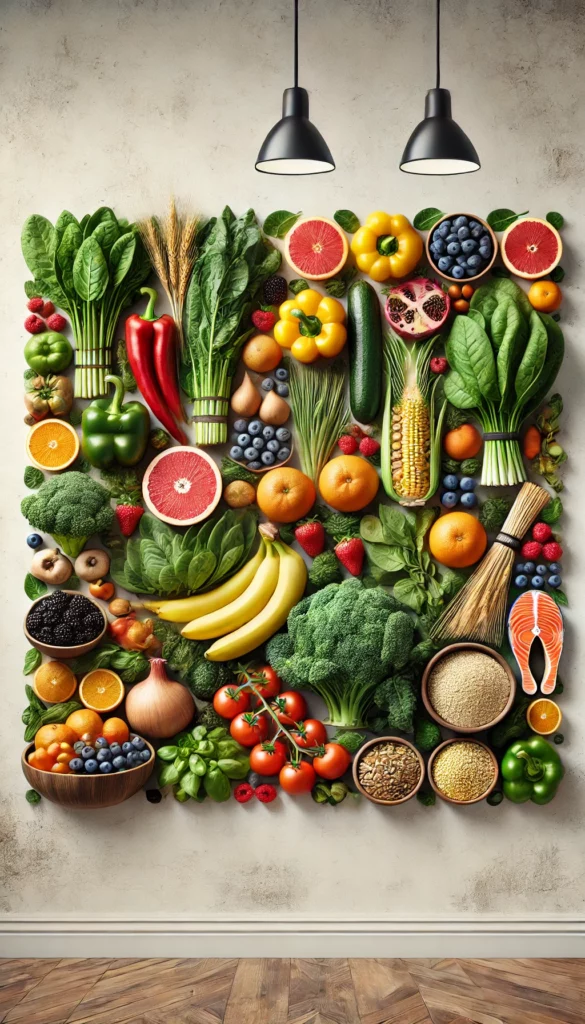
Avoiding Nutrient Deficiencies
Seniors often face common nutrient deficiencies that can zap energy, like a smartphone running on low battery. But with a few tweaks, you can easily avoid them.
Here are a few deficiencies to watch out for and tips to prevent them:
- Vitamin D Deficiency: Often due to less time spent in the sun. Try to get outside for a walk or consider fortified foods like cereals.
- Calcium Deficiency: Crucial for bone health, you can tackle this with dairy, leafy greens, or supplements if needed.
- Potassium Deficiency: This helps keep your blood pressure in check. Bananas, sweet potatoes, and avocados can do the trick.
By paying attention to these potential gaps, you’ll be ensuring that your diet is fortified with the energy-boosting nutrients your body craves. So next time you plan a meal, think of it as crafting a masterpiece—one vibrant, healthful ingredient at a time.
Foods That Naturally Increase Energy Levels for Seniors
When it comes to keeping energy levels up, what you eat plays a starring role. For seniors, who might find their energy dipping more frequently, choosing the right foods can make a big difference. Let’s wrap up the essentials and empower you to make delicious, energy-boosting choices every day.
Recap of Key Energy-Boosting Foods
Incorporating energy-enhancing foods into your diet is like fueling a well-oiled machine. Here’s a quick recap of the nutritional powerhouses that can help you maintain vitality:
- Whole Grains
Whole grains like oats, brown rice, and whole wheat bread provide a steady release of energy. They prevent the blood sugar highs and lows that can leave you feeling drained. - Lean Proteins
Lean meats, beans, and eggs are not just about muscle maintenance. They also play a critical role in energy production and help you stay active throughout the day. - Fruits and Vegetables
Fruits like bananas and apples, and veggies such as spinach and sweet potatoes, pack a punch of vitamins and minerals that aid in boosting energy levels. They’re nature’s candy with a purpose! - Nuts and Seeds
Almonds, walnuts, and chia seeds are excellent snacks, offering healthy fats and proteins needed for sustained energy. They’re like nature’s tiny energy bars!
Making Informed Dietary Choices
What do you reach for when you feel a slump coming on? It’s crucial to be mindful and informed about what fuels your body best. Here are some tips to help you make smart dietary decisions:
- Plan Meals: Having a weekly meal plan can ensure you have balanced meals that keep your energy levels stable.
- Stay Hydrated: Sometimes, low energy is just a sign of dehydration. Water is essential, so drink up!
- Listen to Your Body: Notice how your body reacts to different foods and adjust accordingly. What gives your friend energy might make you feel sluggish.
Conclusion to Natural Ways to Increase Energy
Why not take a moment to think about what changes you can make today? What will you add to your next grocery list? Remember, every meal is an opportunity to energize your body and support an active, fulfilling lifestyle. Taking small steps can lead to big improvements in how you feel. Imagine the newfound vigor and zest for life simply by tweaking what you eat! It’s a journey worth embarking on, for the sake of health and happiness.By thoughtfully choosing what you eat, you’re not just adding years to your life—you’re enriching the life in those years.
Frequently Asked Questions on Natural Ways to Increase Energy

